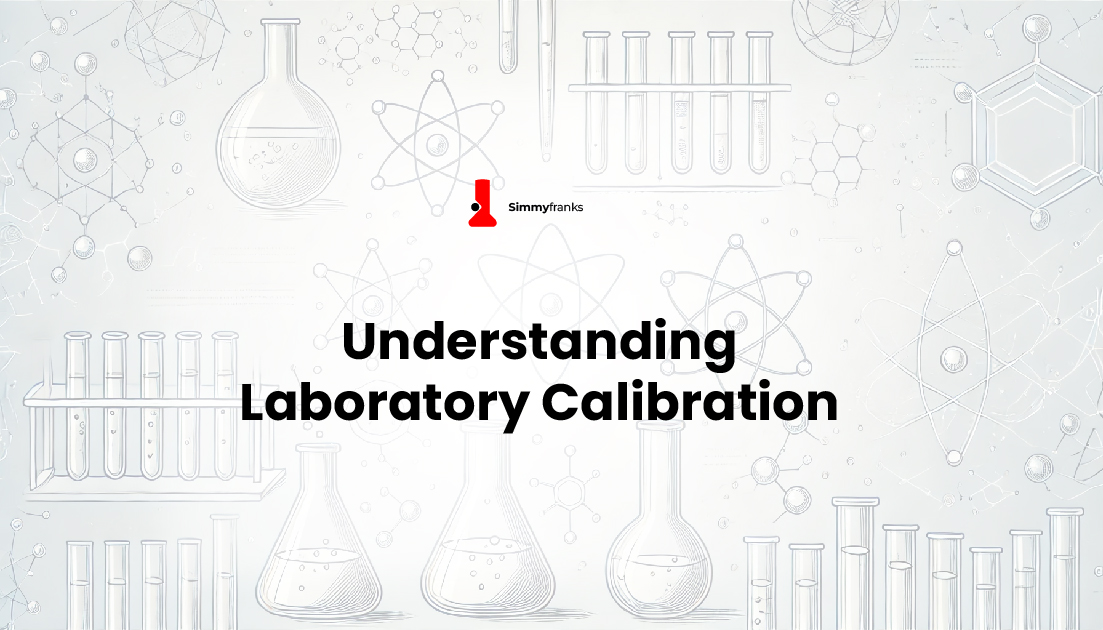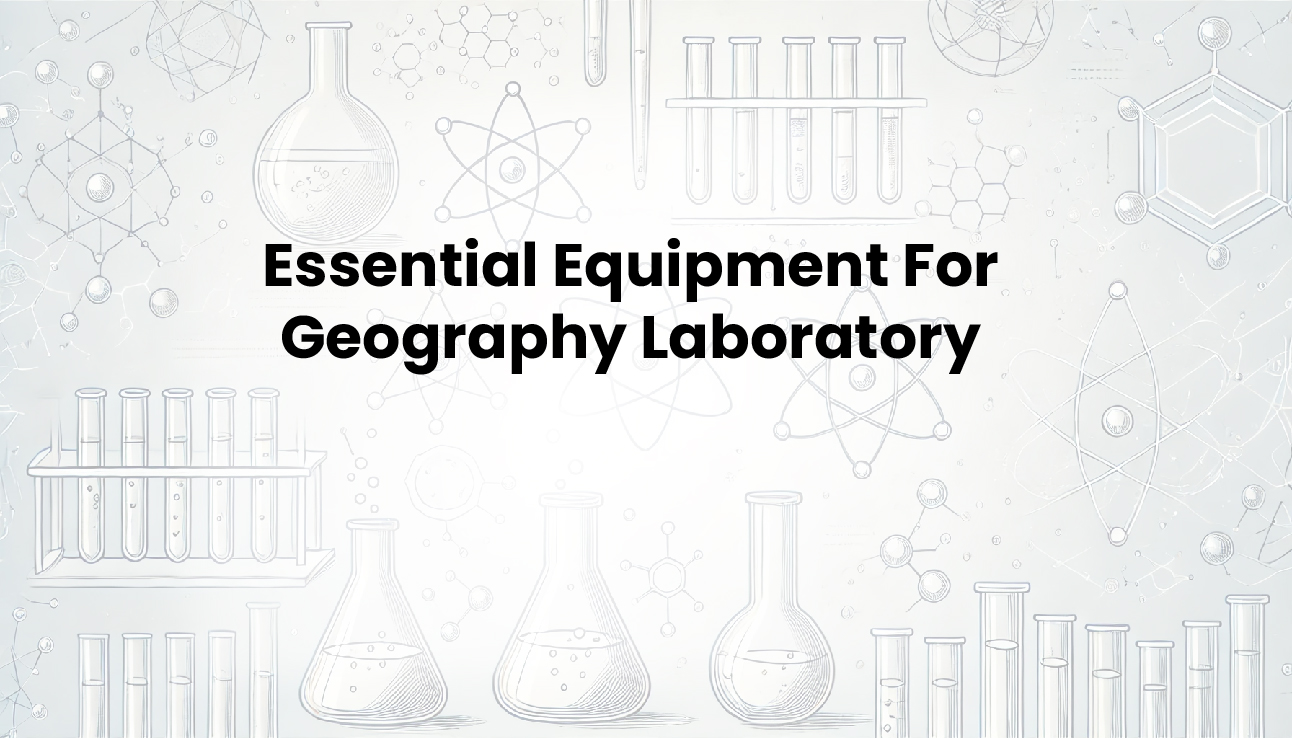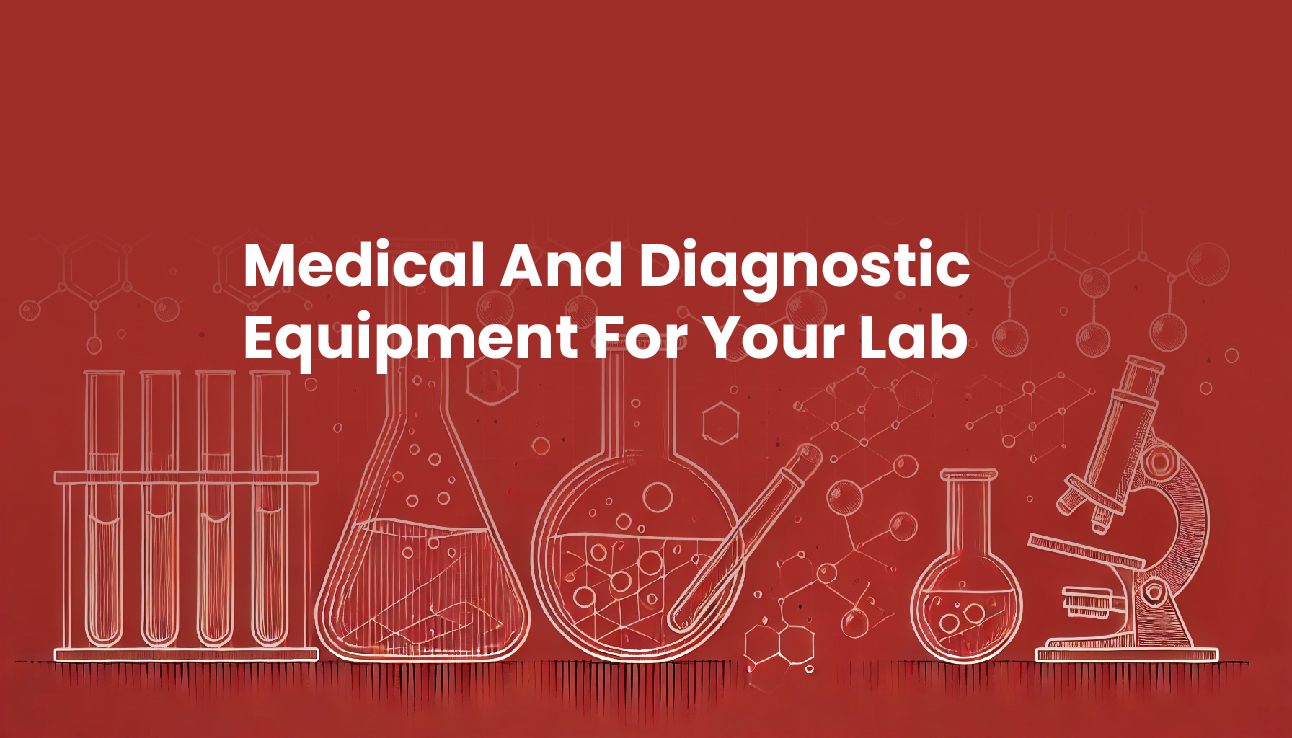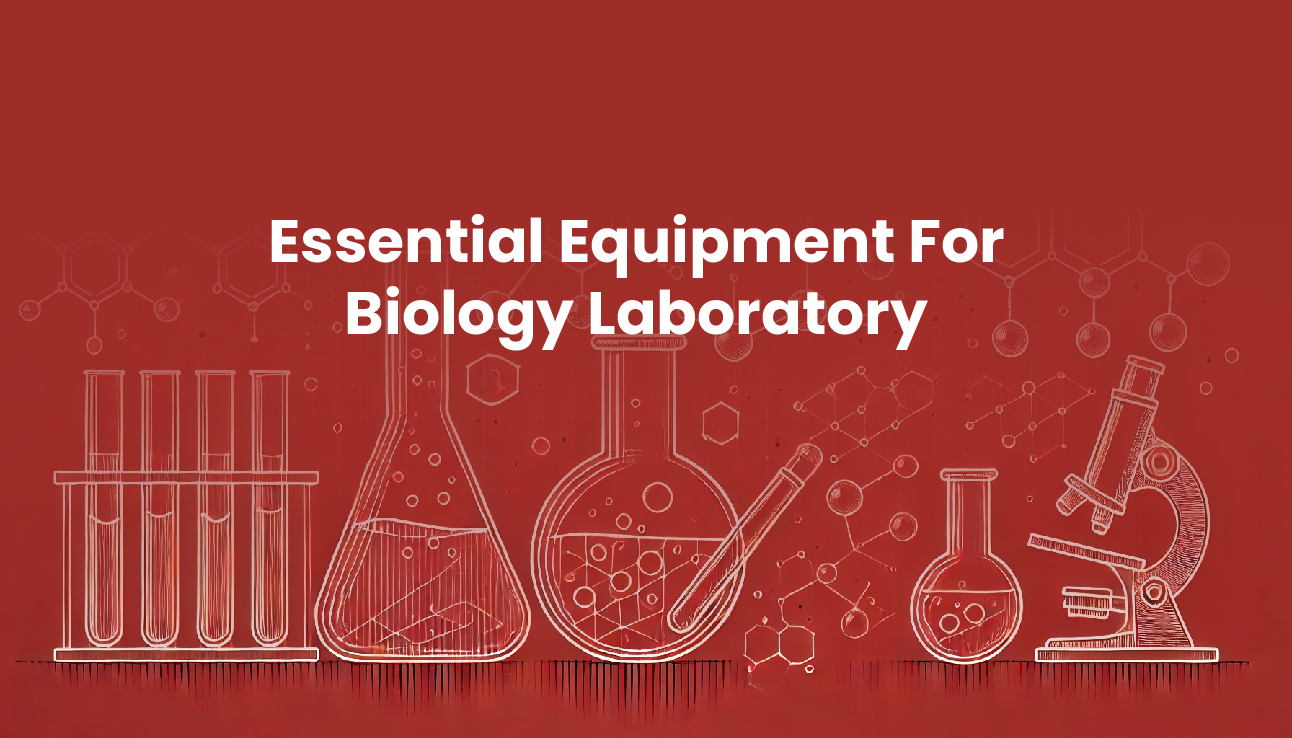In this post, you will discover the importance of regular laboratory equipment maintenance. Regular maintenance is not just a suggestion to ensure the accuracy and longevity of laboratory equipment; it is a necessity.
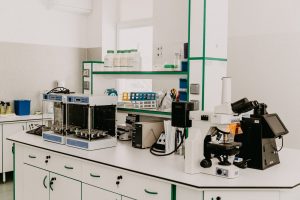
At Simmyfranks West Africa Ltd, we understand the significance of properly maintained laboratory equipment and are committed to helping you achieve the best results.
Understanding the Value of Laboratory Equipment Maintenance
Laboratory equipment is often a significant investment, and its proper functioning directly affects research outcomes, testing results, and overall productivity. Neglecting the maintenance of this equipment can lead to various issues, including:
- Inaccurate Results: Malfunctioning equipment can generate unreliable data, which could lead to incorrect conclusions or even safety risks.
- Shortened Lifespan: Lack of maintenance can reduce the lifespan of the equipment, necessitating expensive replacements or repairs.
- Safety Hazards: In some cases, faulty equipment can pose safety risks to laboratory personnel.
- Decreased Productivity: Downtime due to equipment breakdowns can slow down research progress and disrupt workflow.
By prioritizing regular maintenance, laboratories can mitigate these risks and ensure that their equipment functions optimally. Maintenance activities can include cleaning, calibration, parts replacement, and performance testing, all designed to keep the equipment in peak condition.
Common Types of Laboratory Equipment and Their Maintenance Needs
Laboratory equipment comes in various forms, each with its specific maintenance requirements. Here are some common types of laboratory equipment and the maintenance they typically need:
- Centrifuges: Routine cleaning of rotors and chambers, balancing, and calibration are essential to maintain the accuracy and integrity of sample separation.
- Microscopes: Cleaning and proper storage are crucial for maintaining optical clarity and the mechanical components.
- Spectrophotometers: Regular verification of the instrument’s accuracy, cleaning, and lamp replacement are necessary to ensure precise measurements.
- Incubators: Calibration of temperature and humidity controls, as well as cleaning and disinfection, are essential for consistent incubation conditions.
- Laboratory Balances: Calibration, cleaning, and verification of precision are vital for obtaining accurate measurements.
It’s important to refer to the manufacturer’s guidelines and specifications for each piece of equipment to ensure that maintenance is performed correctly.
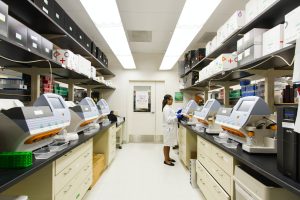
The Role of Preventative Maintenance
Preventative maintenance is a proactive approach to equipment care, involving scheduled inspections and service to prevent potential issues. By adhering to a preventative maintenance schedule, laboratories can avoid unexpected breakdowns and downtime. Here are some key elements of preventative maintenance:
- Regular Inspections: Scheduled checks to identify early signs of wear and tear, malfunction, or component deterioration.
- Calibration: Verification and adjustment of equipment settings to ensure accuracy.
- Cleaning and Lubrication: Removal of contaminants, dust, and lubrication of moving parts to prevent friction and corrosion.
- Parts Replacement: Timely replacement of consumable or worn-out parts to maintain optimal performance.
- Documentation: Detailed records of maintenance activities, which can be crucial for tracking equipment history and regulatory compliance.
Preventative maintenance is a cost-effective strategy that extends the lifespan of laboratory equipment, maintains data accuracy, and reduces the risk of safety incidents.
The Consequences of Neglecting Regular Laboratory Equipment Maintenance
Neglecting maintenance can have significant consequences for laboratories and research facilities. Some of the potential outcomes include:
- Reduced Data Reliability: Inaccurate data may lead to erroneous conclusions and further research complications.
- Increased Costs: Unexpected repairs and replacements can strain budgets and disrupt operations.
- Compromised Safety: Malfunctioning equipment can pose risks to both experiments and personnel.
- Loss of Credibility: Inconsistent or unreliable results can damage a laboratory’s reputation and hinder collaborations.
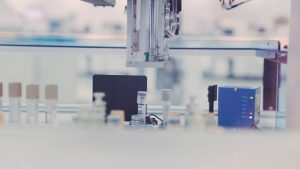
Choosing the Right Laboratory Equipment Maintenance Services
Selecting the right maintenance services for your laboratory equipment is vital to ensure that maintenance is performed correctly and efficiently. Consider these factors when choosing a maintenance provider:
- Experience and Expertise: Look for providers with a track record of servicing a wide range of laboratory equipment.
- Certifications: Ensure that the maintenance team is certified and trained to work with specific equipment brands and models.
- Response Time: Evaluate their response time for urgent repairs and how well they accommodate your laboratory’s schedule.
- Comprehensive Services: Seek providers that offer a full range of maintenance services, including preventative maintenance, repairs, and calibration.
- Customer Reviews: Read reviews and testimonials from other laboratory professionals who have used their services.
At Simmyfranks West Africa Ltd, we are dedicated to providing top-quality maintenance and support for your laboratory equipment. Our team of experts understands the unique needs of laboratories and is committed to ensuring that your equipment functions optimally, thus contributing to the success of your research and operations.
If you have any questions or require assistance with your laboratory equipment maintenance, please feel free to contact us.
Editor’s Recommendations
- Laboratory Equipment Supplier In Nigeria
- Setting Up A Testing Laboratory: A Comprehensive Guide
- Laboratory Equipment Needed By Cosmetics Industry
- Advancements in Laboratory Equipment: How Stay To Ahead of the Curve
- Microscope: A Great Tool in Scientific Research


